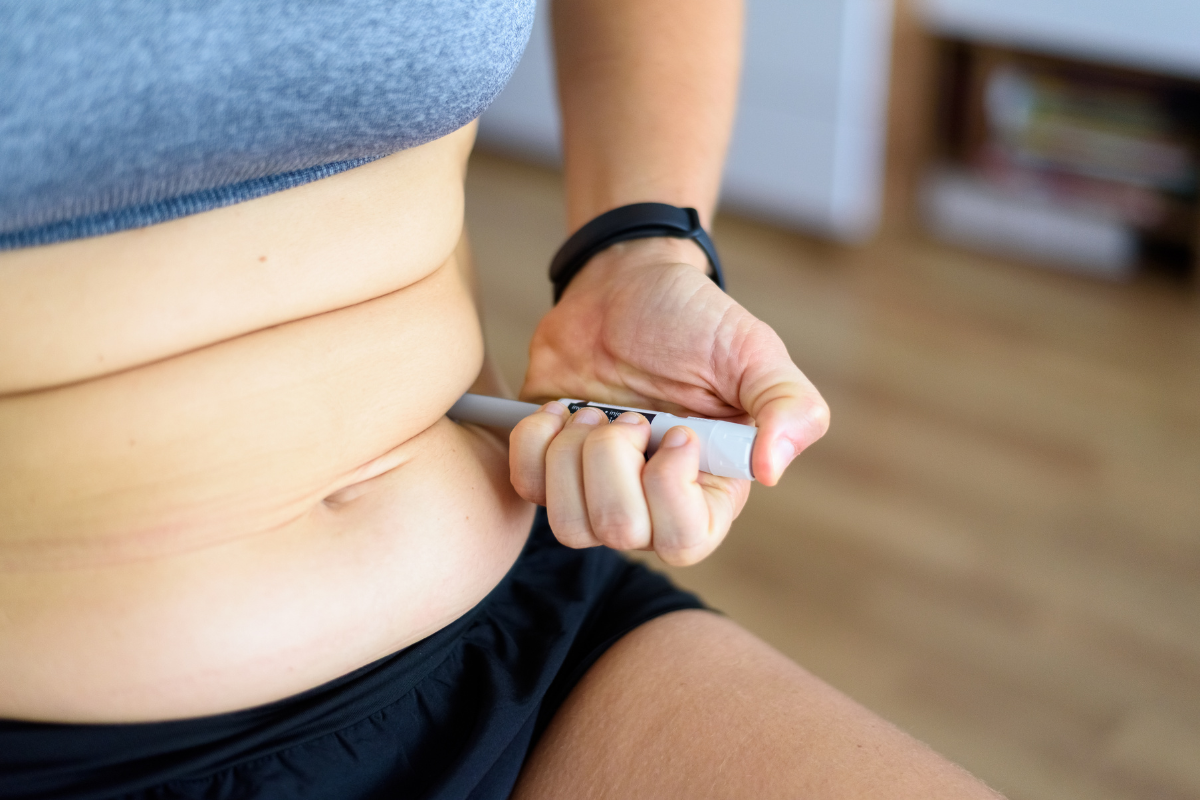
What age did you get your first period or start menopause? If you were the first girl in your year to be blessed with this particular sign of growing up, this new research from the University of California San Diego School of Medicine, might be interesting for you! According to the research, women who got their first period later on, actually have a longer life expectancy than those who start early. The study has also linked this to the age that you may reach menopause.
The Research
The study, which was conducted in the United States and published in July 2016, shows that women who start their period after the age of 12, go through menopause after the age of 50, and have more than 40 reproductive years, may have an increased chance of living past the age of 90. The research studied 16,000 ethnically diverse, post-menopausal women from The Women’s Health Initiative, and was conducted over the course of 21 years, with 55% surviving past the age of 90.
Not only did the research determine that starting your period later, or going through menopause later, increase life expectancy, it also determined that these factors could indicate your future health too. The results of the study showed that the women who fell into these categories were less likely to have certain health concerns, such as coronary heart disease, and were generally more likely to be in good health – which could explain the findings of longer life expectancy.
Interestingly enough, the study also showed that women who began menstruating later on, were also less likely to be smokers, another factor which could influence their future health and life expectancy, similarly they were also less likely to have a history of diabetes.
“Factors, such as smoking, can damage the cardiovascular system and ovaries, which can result in earlier menopause. Women with later menopause and a longer reproductive lifespan may have decreased risk of cardiovascular diseases,” said Aladdin Shadyab, PhD, with the Department of Family Medicine and Public Health at UC San Diego School of Medicine, who carried out the study.
What Can You Do?
Whilst there is nothing to be done about what age you started your period, there are a number of lifestyle changes you can make to help improve your health as you get older!
Take Regular Exercise
If cardiovascular problems are a concern for you, taking regular exercise can help improve blood circulation, helps manage stress, lowers cholesterol, reduces anxiety and stress and lowers blood pressure, all of which reduce the likelihood of developing heart disease or having a stroke.
Eat For Your Hormones
If you are worried about how menopause symptoms will impact your health, then adapting your nutrition when you begin experiencing symptoms of perimenopause can help. For example, eating foods that will boost your estrogen levels can help alleviate symptoms caused by low estrogen, thereby improving your quality of life and making menopause more bearable!
Reduce Stress
If you live a high stress lifestyle, or find yourself exposed to stressful situations regularly, they could be having an effect on more than just your mental health. Heightened stress levels can have a direct impact on your physical health, so finding ways to manage stress levels can be one of the best things possible for your future health. Meditation is one way you could do this, so check out our guide to the top meditation apps to reduce stress to find out how you can do this at home.
Manage Your Hormones
There are a number of things you can do to manage your hormones at any stage of your life, for example Bio-Identical Hormone Replacement Therapy. This form of hormone therapy uses hormones which are identical to those produced naturally by your body, making them ideal for combating hormonal imbalances throughout your life. They are derived naturally from yams, and can be used to treat anything from period pains to menopause symptoms. By balancing your hormones with BHRT you can help reduce the impact hormonal changes have on your body!



